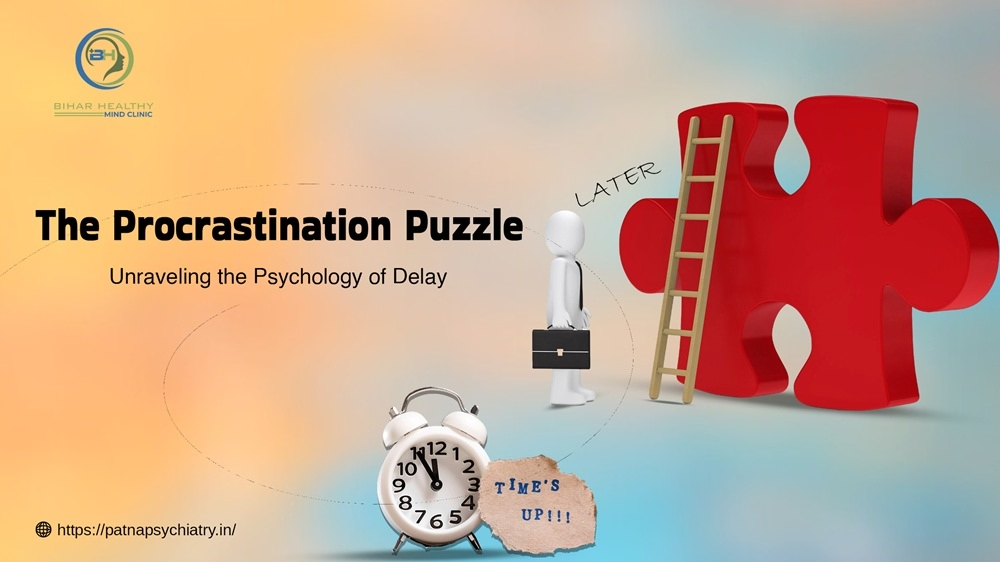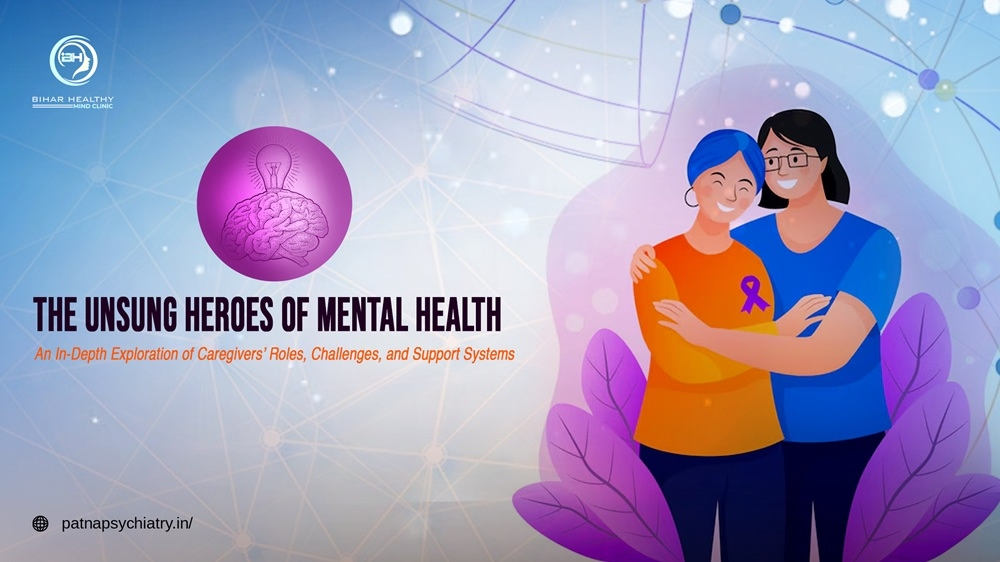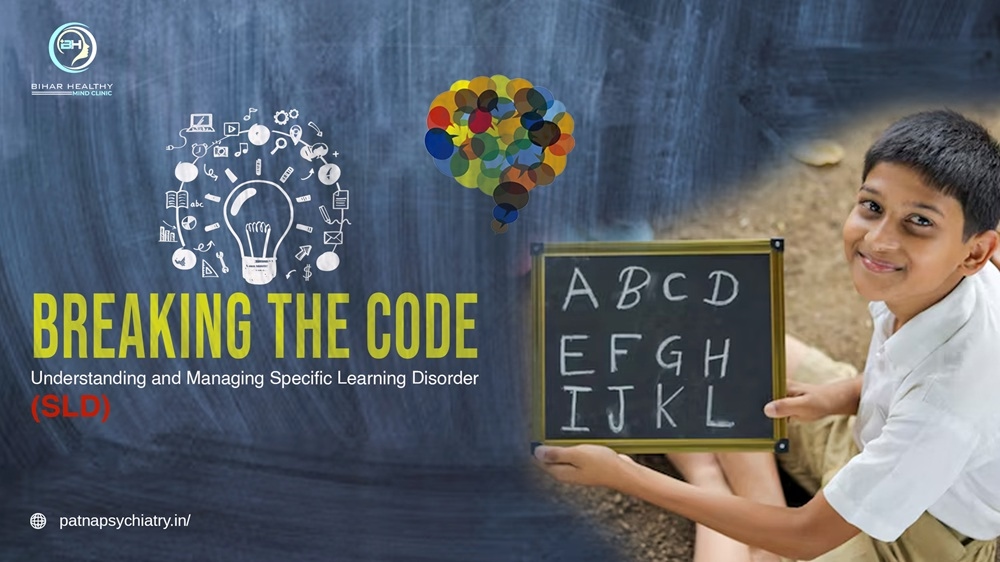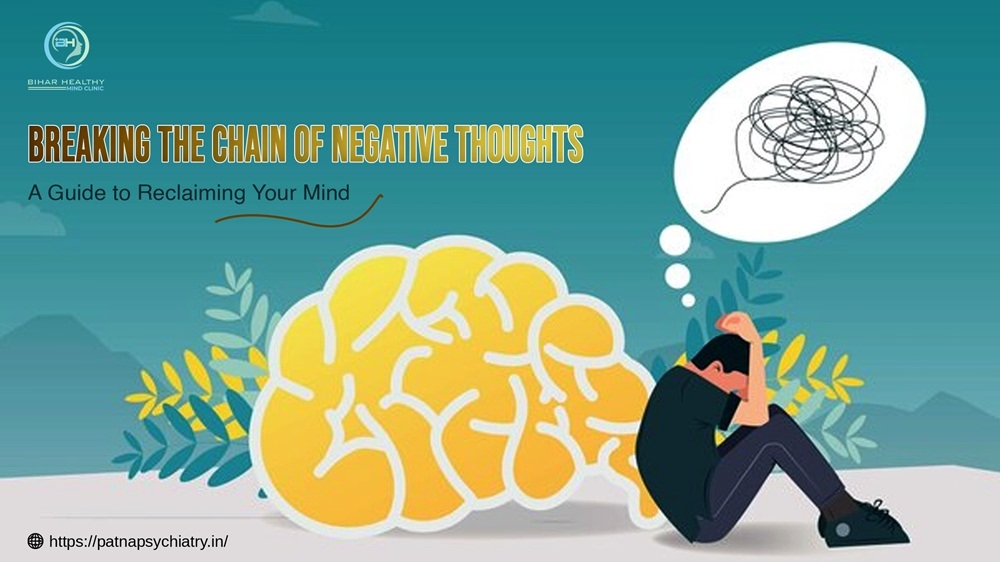Procrastination—the art of putting off tasks until the last possible moment—is a universal experience. But why do we procrastinate? Is it laziness, a lack of time, or something deeper? Psychologists argue that procrastination is much more than mere poor time management. It is a complex interplay of emotions, cognitive distortions, and behavioral tendencies.
Research defines procrastination as the voluntary delay of an intended action despite expecting negative outcomes. Surprisingly, about 20% of adults and up to 50% of students identify as chronic procrastinators. This behavior stems from factors such as low self-control, fear of failure,perfectionism, and even broader societal influences like instant gratification fostered by modern technology.
From Shakespeare to Smartphones: A Historical Perspective on Procrastination
-
Procrastination is not a modern phenomenon. Ancient texts, including the works of Marcus Aurelius and Benjamin Franklin, reveal concerns about delayed actions. Shakespeare poetically captured the essence of procrastination when he wrote, "Our doubts are traitors, and make us lose the good we oft might win by fearing to attempt."
However, procrastination has become more prevalent in contemporary society. A study by Steel (2007) highlights an increase in procrastination rates over recent decades, possibly due to the rise of digital distractions and the demand for multitasking. The easy availability of immediate rewards through smartphones and social media amplifies our tendency to prioritize short-term pleasures over long-term goals.
The Psychology of Procrastination: Unmasking the Hidden Forces
-
Temporal Motivation Theory (TMT)
TMT explains procrastination as the interplay of four factors:
� Expectancy: How confident you feel about completing a task.
� Value: How rewarding or meaningful the task feels.
� Time: The perceived urgency of the task.
� Impulsiveness: Your susceptibility to distractions.
Procrastination occurs when a task’s value and urgency fail to outweigh impulsive tendencies or low confidence. For example, a student might delay studying for an exam until the deadline looms, creating a false sense of urgency to boost productivity.
-
Self-Determination Theory (SDT)
SDT highlights the role of intrinsic motivation—doing tasks for personal satisfaction—and extrinsic motivation—completing tasks for external rewards. Procrastination often stems from a lack of intrinsic motivation, especially for tasks imposed externally. A mismatch between personal values and task goals can create resistance and delay.
-
Cognitive Dissonance and Fear of Failure
Procrastinators often experience cognitive dissonance, where their actions (delaying tasks) conflict with their intentions (wanting to complete tasks). This inner conflict can lead to avoidance, perpetuated by fears of inadequacy or failure. Over time, this cycle can deeply embed procrastination into everyday habits.
-
Personality Traits and Procrastination
Research suggests procrastination is strongly linked to low conscientiousness and high impulsivity. Neuroticism, characterized by anxiety and self-doubt, also exacerbates procrastination. Understanding these traits can help individuals tailor strategies to their unique psychological profiles.
Procrastination’s Toll: The Cost of Delayed Actions
-
Mental Health Consequences
Chronic procrastination is closely linked to anxiety, depression, and stress. The guilt and self-criticism associated with delays can erode self-esteem, creating a vicious cycle of avoidance and emotional distress.
-
Impact on Productivity
Procrastinators often find themselves rushing to meet deadlines, resulting in subpar work and missed opportunities. This behavior not only affects academic and professional performance but also hampers personal growth and long-term success.
-
Physical Health Risks
Procrastination can extend to health behaviors, such as delaying medical appointments or neglecting exercise. Over time, these delays can lead to serious health consequences, exacerbating stress and illness. Studies show procrastinators are more likely to engage in unhealthy behaviors, which further compound their stress.
Breaking Free: Practical and Relatable Tips to Beat Procrastination
-
Start Small and Build Momentum
Tasks can feel overwhelming when viewed as a whole. Break them into smaller, manageable steps. For example, instead of “write a report,” start with “create an outline.” Completing smaller tasks builds confidence and reduces inertia.
-
Embrace the Two-Minute Rule
If a task takes less than two minutes, do it immediately. This simple rule prevents small tasks from accumulating and reduces mental clutter. Over time, this habit can significantly improve productivity.
-
Use the Pomodoro Technique
Work in focused intervals of 25 minutes, followed by a five-minute break. This technique enhances concentration while preventing burnout. For tasks requiring extended focus, it’s a game-changer.
-
Set Realistic Goals
Unrealistic expectations can lead to avoidance. Set achievable goals and celebrate small victories. For instance, instead of aiming to “finish the entire project today,” commit to completing a specific section. Consistent progress is more sustainable.
-
Tame Digital Distractions
Create a distraction-free environment. Turn off notifications, use apps like Focus@Will, and designate specific times for social media. Consider using website blockers during work hours to stay focused.
-
Prioritize Self-Compassion
Replace self-criticism with self-compassion. Acknowledge your struggles without judgment and focus on progress rather than perfection. Forgive yourself for past delays and concentrate on the present moment.
-
Leverage Accountability
Share your goals with a friend, family member, or mentor who can hold you accountable. External accountability can motivate you to take action and stay on track.
Procrastination Myths Debunked
-
Myth 1: “I Work Better Under Pressure”
While deadlines can create a sense of urgency, they often lead to stress and reduced creativity. Research shows that starting early allows for more thoughtful and higher-quality work. “Pressure” work often sacrifices innovation for speed.
-
Myth 2: “Procrastination is Laziness”
Procrastination is not about laziness but about emotional regulation. Addressing the underlying emotions—fear, doubt, or overwhelm—is key to overcoming it. Procrastinators are often highly capable but struggle with perfectionism or decision paralysis.
-
Myth 3: “Procrastination Is Harmless”
Chronic procrastination has far-reaching consequences, from damaged relationships to career stagnation. Addressing it can significantly enhance quality of life and personal satisfaction.
When to Seek Help
-
If procrastination significantly interferes with daily life or causes severe emotional distress, professional intervention may be necessary. Cognitive-behavioral therapy (CBT) is particularly effective, offering strategies like cognitive restructuring and behavioral activation to combat procrastination. Therapists can also help identify and address deeper emotional triggers.
A Future Without Delay
Overcoming procrastination is not about achieving perfection but about creating habits that align with your goals and values. By understanding the psychology behind procrastination and implementing simple, actionable strategies, you can reclaim your time, boost productivity, and lead a more fulfilling life.
Remember, the journey begins with a single step—and there’s no better time than now to take it! Procrastination is a habit that can be rewired with persistence, compassion, and the right tools.
TAGS: Procrastination, Psychology of Delay, Overcoming procrastinatio, Mental Health Tips, Productivity Improvement, Emotional Regulation, Fear of Failure, Perfectionism, Cognitive Dissonance, Healthy Minds Clinic, Psychiatrist Patna
Disclaimer: All characters and events depicted in this blog are entirely fictional. Any resemblance to actual persons, living or dead, is purely coincidental. The content is intended for informational purposes only and should not be considered as medical advice. Always consult a qualified healthcare professional for medical concerns.







No comments yet. Be the first to comment!